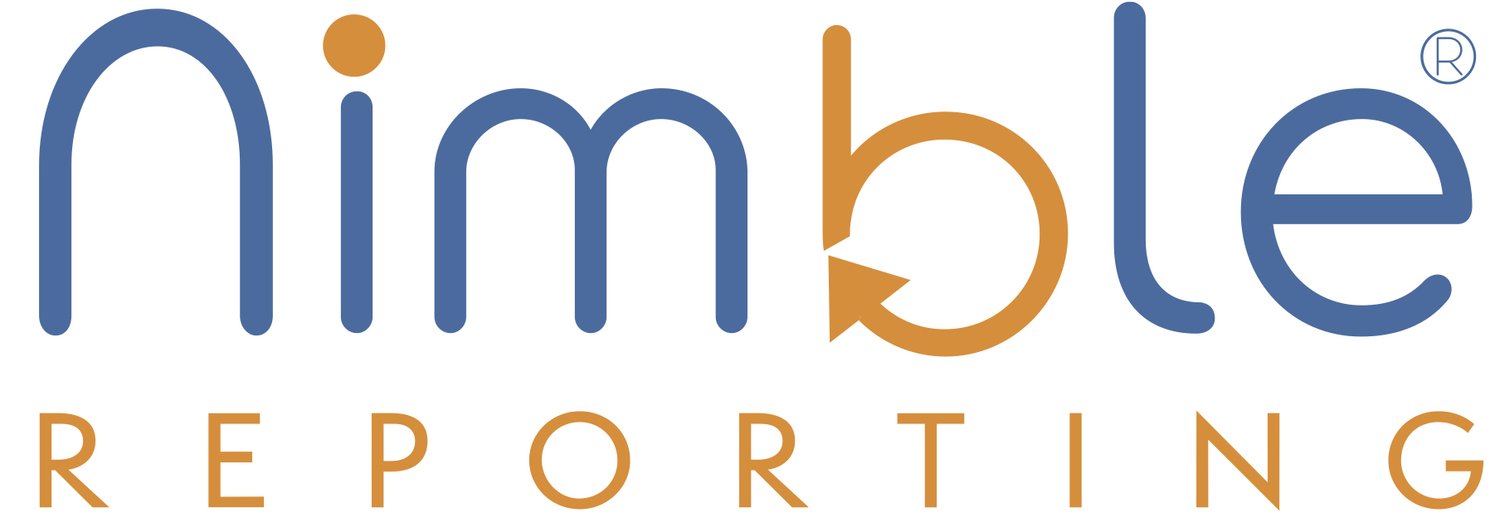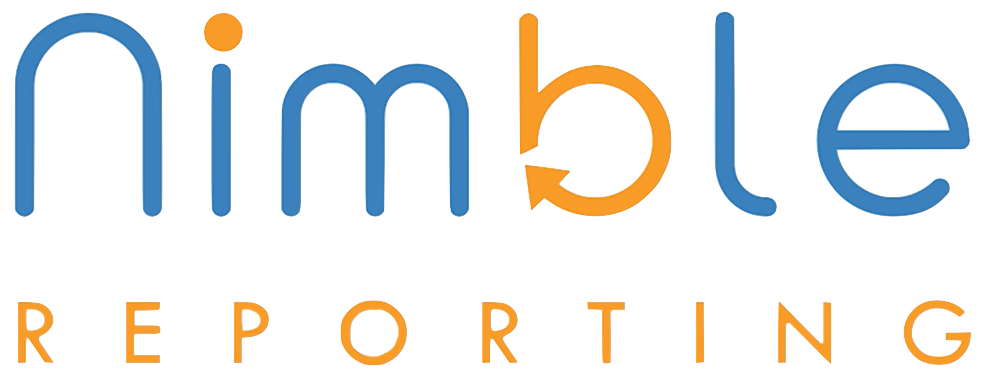How do we navigate the growing gig economy?
These days, many people have a side hustle. In fact, some have what is called a “slash” career. “I do this (slash), this (slash) and this.” That’s how people these days cobble together a healthy individual compensation. But how does one handle the logistics that are traditionally taken care of by the employer… like benefits, and social security, estimated taxes and more? These are things that people who are typically employees need to learn, understand and react. Here’s a primer for the gig economy…
FROM THE HILL / BY SHELDON H. JACOBSON, Ph.D.
The gig economy is here to stay. Yet with it comes several unintended consequences.
Based on contract or freelance jobs rather than full-time, the gig economy concentrates on moneymaking on-demand activities or services. This can be through the shared economy like car sharing, transportation as a service (via Uber and Lyft), renting out one’s home via Airbnb or, for the more technically savvy, providing services in the digital economy. The gig economy naturally matches jobs with skills, as participants carve out their own income earning opportunities based on the goods and services they can provide. Opportunities to earn money through such channels continue to grow, and people are taking full advantage.
It is estimated that around 58 million people are participating in the gig economy. Some are even using it as their primary income source. Participants are not subject to a formal hierarchical management structure; they are their own boss, working when they want and earning money as they want or need. Yet without a formal, traditional and reliable stream of income, there are challenges both for participants and for the economy at large.
Health insurance: Most people obtain health insurance through their employer. If they are self-employed, the Affordable Care Act makes health insurance available. However, its cost must be borne by the worker; premiums must be paid or coverage can be lost. Given the unpredictable nature of gig income, this can create times when making such payments become problematic.
Tying health insurance to employment is a headwind for the gig economy. Unravelling the two is something our nation desperately needs to provide healthcare security and access to care for all.
Retirement savings: Without formal retirement plans like 401(k)s, those in the gig economy must take responsibility for their own retirement planning and saving. Given the long-term nature of such saving, and the short-term planning that goes into gig economy earning opportunities, this creates the potential for such saving to fall by the wayside. Moreover, any income earned and reported to the IRS will require gig economy participants to contribute both their share of the Social Security tax and the employer share, which nearly doubles their cost.
Income taxes: Much like Social Security contributions, quarterly income tax payments can easily get forgotten. As a Schedule C filer, gig economy participants are responsible for calculating, reporting and paying taxes on all income earned —an overcomplicated and confusing system that may cause some to misreport income. As the gig economy grows, income tax receipts at the federal and state levels will inevitably suffer. This makes the case for a consumption tax over an income tax, and the need to revamp the IRS tax code as the gig economy becomes more ingrained in our society.
The gig economy is not going away any time soon — if anything, it will continue to grow. With the unemployment rate near a record low, numerous jobs are available for those who want them. The COVID-19 pandemic shifted expectations on work and what people are willing to do to earn a living, and the synergy between growth in the gig economy and the Great Resignation is indisputable, with the digital economy further facilitating new ways to earn a living. The flexibility offered by such income sources is attractive to many people, even if it provides less security than traditional employment. The gig economy also encourages entrepreneurship as people identify and implement creative ways to earn a living.
Though many are enjoying success in the gig economy, there are also risks. Given that most earnings typically require active participation, any unforeseen illness or accident can derail the best laid plans. And when dependents are involved and rely on gig economy income, such as children or elderly parents, the risk of any lost income stream can have devastating effects.
The traditional economy is in no danger of disappearing. However, the gig economy is also here to stay, and likely to grow, fostering new opportunities to create or supplement income. The only limitation is the imagination of participants to create novel ways to deliver goods and services that allow them to make a living.


